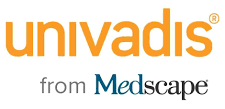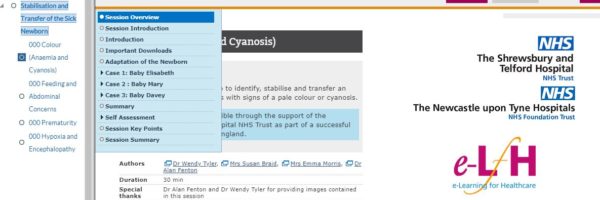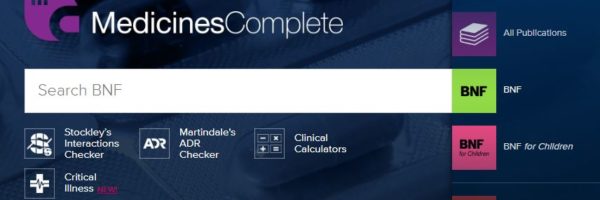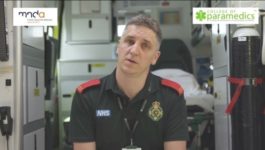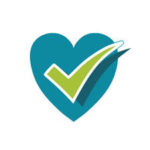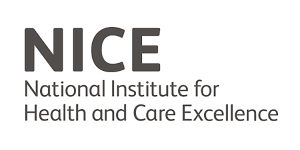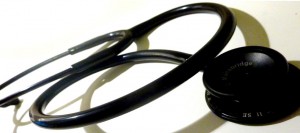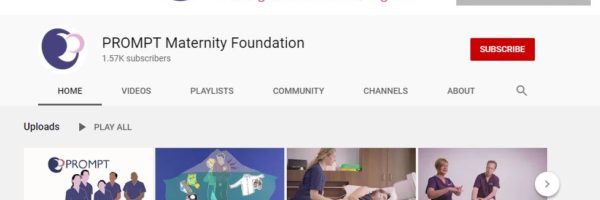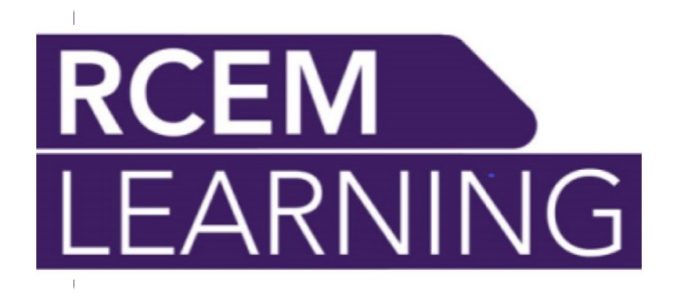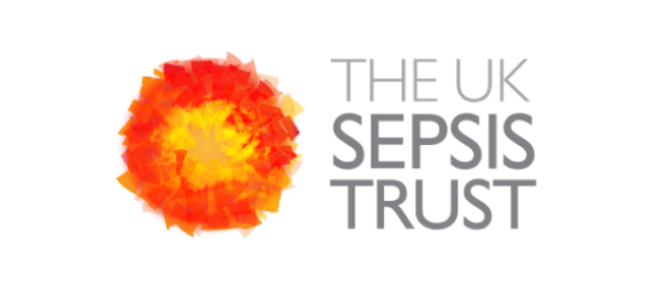Advanced Practitioners Online (APO) is an e-learning and professional networking resource for Advanced Practitioners working in General Practice settings.
Advanced Practitioners are health graduates with considerable post registration experience and educated to Masters level. They diagnose disease through comprehensive history taking, physical exams, ordering and interpreting diagnostic tests.
They are independent prescribers and can make referrals to specialists. They can serve as a patient’s primary health care provider, and see patients of all ages depending on their specialty.
This website is aimed at Primary care, but has lots of great resources
Click Here to access the Facebook page for Advanced Practitioners Online (APO)
Univadis is a sponsored international website with a ton of free resources.
The resources that are covered on Univadis include the following:
- Education section – This section includes a quiz which can be taken on a monthly basis, and will test your knowledge on clinical topics like pregnancy and Covid-19.
- Clinical reference resources – These resources include Cancer Biomarkers, a Schedule on Immunisation and Clinical Guidelines from the UK and beyond.
- International news – This section of the website will cover the latest headlines and a range of clinical summaries
BMJ Best Practice includes 1000+ evidence-based condition and symptom topics across 32 clinical specialties which provide the user with guidance throughout the full patient journey, from determining diagnosis and treatment approach to follow-up support. This free version provides a helpful overview of pathologies & conditions.
BMJ Best Practice includes 1000+ evidence-based condition and symptom topics across 32 clinical specialties which provide the user with guidance throughout the full patient journey, from determining diagnosis and treatment approach to follow-up support.
The clinical information focuses on the most commonly presented conditions, as well as those that are clinically significant or relevant to global health.
Access the WEBSITE HERE
This is page is an internal link to another page where we have compiled a collection of Online ECG Distance Learning resources from various providers.
These deliver videos, tutorials, posts, discussions and quizzes available to all staff. Topics include electrophysiology, STEMI, lead systems, avis deviation, normal and abnormal ECG patterns and arrhythmias.
All online resources here have been compiled and approved by the Clinical Directorate (last checked May 2019).
A range of resources are freely accessible to all staff on the Emergency Medicine Cheltenham and Gloucester (EM CAGE) Website.
This site aims to combine the new induction programme with links to useful resources and act as a repository of information for ongoing learning and self development.
The shift patterns of Emergency Medicine mean that the whole team can never be in the same room at the same time. Asynchronous learning embraces social media technology allowing you to use the most convenient part of the shift or day to study.
This site is designed for use by medical professionals. It does not represent the views of our NHS trust or any other organisation. All information should be critically appraised before use in a clinical setting, especially regarding management regimes and drug doses. For further information please consult the disclaimer.
Visit the Distance learning #FOAMed Page here
Free Open Access Meducation – Medical education for anyone, anywhere, anytime. Life in the Fast lane is dedicated to collating the resources that healthcare professionals and students can access to take part in the FOAM movement.
Free Open Access Meducation – Medical education for anyone, anywhere, anytime.
FOAM is a collection of resources, a community and an ethos. Independent of platform or media — it includes blogs, podcasts, tweets, online videos, text documents, photographs, Facebook groups, and a whole lot more.
ESR new learning available – aimed at Midwives & Paramedics
Class: 000 Midwifery Identification, Stabilisation and Transfer of the Sick Newborn
Just log onto ‘My ESR’
Search the ESR catalogue for ‘mist’ and it comes up as: Class: 000 Midwifery Identification, Stabilisation and Transfer of the Sick Newborn
If you haven’t used My ESR for e-learning yet, there is loads, & we mean loads of free Clinical & NON-Clinical e-learning on here. The interface is a bit clunky , but there is a ton of good stuff here, and best of all, if you do it on here it is all recorded and stored on your NHS record.
Download NLMS quickstart guide PDF
Maudsley Learning deliver a series of programmes nationally.
Mental health training, online & in-person, for individuals & organisations. A mix of free & paid for courses.
The courses cover eating disorders, managing challenging situations, skills for health change conversations, & many more.
Maudsley Learning (part of South London and Maudsley NHS Foundation Trust) provide a wealth of regularly updated, expert-lead, continued professional development (CPD) mental health courses to keep you up to date with all the latest research, practices and legislation. Courses cover everything from paediatric to geriatric, improving physical health for mental health, and managing challenging clinical situations. Groundbreaking immersive simulation and virtual reality (VR) courses are also available.
Each course outlines a target audience, so you know the information you’re receiving is relevant to your profession. However, courses are open to any healthcare professional, organisation, or educator who wants to further their knowledge.
Access the British National Formulary (BNF) Online
The improved online BNF & BNF for children is now on the new MedicinesComplete site
You can also access:
- Stockleys interaction checker
- Martindale’s ADR checker
- Clinical calculator
- Critical illness
The changes have been driven by your needs, and central to the new experience is the addition of drug groupings by therapeutic area to the Table of Contents, helping you to navigate relevant drug monographs.
NHS users will be required to re-register for continued access to the BNF online.
MND Association and the College of Paramedics
Administering oxygen to some people with Motor Neurone Disease (MND) with respiratory symptoms can be extremely dangerous, and in some cases can lead to death. This may happen in emergency situations where professionals are not fully aware of this risk.
The MND Association worked with the College of Paramedics to produce a short, factual video talking directly to paramedics about oxygen use in MND and how best to support a patient presenting with acute breathing problems.
The video, endorsed by the College of Paramedics, advises paramedics to use oxygen with caution. MND causes muscle weakness, and this includes the muscles used for breathing. Where a person has respiratory muscle weakness, they may retain carbon dioxide, known as hypercapnia. Giving oxygen in this situation can increase the retention of CO2 and worsen the person’s symptoms.
The video sets out the tests which need to be carried out to check what is wrong with the patient and the actions to take. The actions to take includes checking to see if they use NIV and supporting them to use it, checking cough strength and helping with airway clearance if necessary.
The video advises:
1. Be aware of the risk of hypercapnia in patients with MND.
2. Aim for saturations of 88-92% with controlled oxygen therapy.
3. In patients who use NIV, consider a trial of the ventilator, though be aware that oxygen supplementation may not be possible.
4. Enquire about their usual cough strength, and if they have cough equipment at home. If they do, and they or their carers are able to administer it, consider using.
To view further information & resources for paramedics and other professionals working in acute settings: click here
The National Early Warning Score (NEWS2) e-Learning programme
Aims to ensure staff across the NHS operate using the same language to provide patients with the right care at the right time. Free & open to all front-line NHS staff.
Standardising the Assessment of Severity of Acute-Illness Severity in the NHS
The National Early Warning Score (NEWS2) e-Learning programme ensures staff across the NHS operate using the same language to provide patients with the right care at the right time.
Initially launched in 2012, and updated in February 2023 – incorporating updated guidance from the Royal College of Physicians.
Sign up here!
The National Institute for Health and Care Excellence (NICE)
NICE provides national guidance and advice to improve health and social care.
Here you will find guidance, advice, quality standards and information services for health, public health and social care. Also contains resources to help maximise use of evidence and guidance.
You can also find the NICE Clinical Guidelines here
OSCEstop is a free, one-
OSCEstop aims to help healthcare professionals improve their clinical examination and practical skills. Notes on all of the essential skills and detail on all of the stations likely to come up in OSCE examinations are provided to help you acquire and maintain the broad knowledge needed to succeed.
The Personalised Care Institute https://www.personalisedcareinstitute.org.uk/ offers CPD to health professionals in personalised care core skills and shared decision making.
Sign up for free to gain access to the learning portal for E-Learning; Webinars; Podcast; Accredited courses with CPD points + further resources.
The Personalised Care Institute (PCI) is changing the lives of patients by helping to empower them with the knowledge, skills and confidence to feel more in control of their mental and physical health.
This is done by educating and inspiring health and care professionals to deliver universal personalised care that takes into account an individual’s strengths, needs and expectations, in order to deliver the right care for them.
They set the standards for evidence-based personalised care training, providing a robust quality-assurance and accreditation framework for training providers and commissioners along with a central learning hub for health and care professional learners.
The PROMPT Maternity Foundation provides a multi-professional training programme which was initially introduced to North Bristol NHS Trust. It has been shown to improve outcomes for real women and their babies.
With the introduction of PROMPT training at Southmead Hospital, interest in this has grown and PROMPT training has been adopted in a number of countries outside of the UK. Many of these countries have conducted their own research trials and have demonstrated similar results to those achieved at Southmead Hospital, including:
- USA
- Australia
- Zimbabwe
- Philippines
PROMPT Maternity Foundation has produced a range of practical and informative videos hosted on YouTube for you to view.
Royal College of Emergency Medicine Resources
A fantastic learning resource with tons of evidence based resources from the Royal College of Emergency Medicine.
RCEM Learning is the Royal College of Emergency Medicine’s (RCEM) e-learning platform. Aiming to be a leading Emergency Medicine e-learning site which delivers high quality resources to its members and the broader international e-learning community.
RCEM Learning is simultaneously committed to preserving benefits for RCEM members and promoting e-learning predicated on open access principles.
The majority of content is open access (content in the Exams and CPD section is for RCEM members only), and the site includes a section devoted to the production and dissemination of FOAMed materials.
RCEM Learning is registered under a Creative Commons license to encourage (re)use of resources for educational purposes.
Site structure
The site is comprised of the following e-learning resources:
- Hundreds of interactive sessions ranging from short clinical cases (which are open access) to complex learning sessions which include diverse assessment methods. Successful completion of these sessions generate certificates for learners’ portfolios.
- A section devoted to critical appraisal.
- Free access education content, comprised of podcasts and blogs, predicated on current trends in evidence-based medicine.
Red Whale – Lifelong learning for Primary Care
Red Whale are a private company providing Primary care focused education in a large variety of formats to Primary Care providers nationally.
Predominantly a paid subscription based service which allows access to their resources.
Occasional free content and podcasts are all open access: Red Whale | Podcast | Primary Care Pod – free updates
Spotting the Sick Child
Children need a different approach from adults and many health professionals are anxious about assessing children.
Spotting the Sick Child is an interactive tool commissioned by the Department of Health and Health Education England to support health professionals in the assessment of the acutely sick child.
In order to access Spotting the Sick Child you will need to register by Clicking Here.
There is no fee for registration
The UK Sepsis Trust are pleased to present a series of videos and e-Learning modules to help you understand, identify, and manage sepsis.
Whether you are a clinician, care worker, or simply a concerned parent, son/daughter or friend, these videos and modules will help you understand more about sepsis and how you can help save lives.
The resources regarding Sepsis include the following:
- Special Education Videos – Including ‘Hospital Acquired Sepsis’ and ‘The Impact of Sepsis’
- Clinical Tools & Downloads – These tools are compatible with the NICE Guideline on Sepsis (NG51), and reflect an operational solution to delivery of the NHS Implementation Guidance.
- Clinical F&Qs – This includes questions relating to topics such as Sepsis 6 and ‘Red Flag’ Sepsis
- e-Learning Modules – The subjects covered include An Introduction to Sepsis, Sepsis in Adults and Sepsis in Children. Each module is self-funded at £9.99 per person.
Click Here for further details about the resources on offer.


